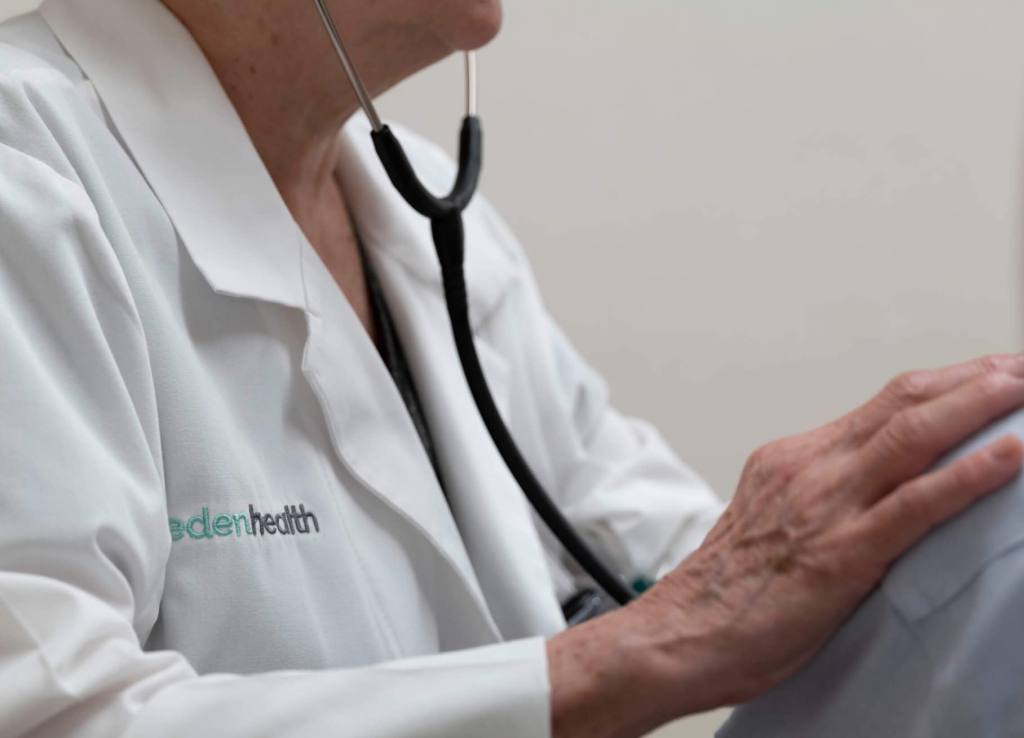In today’s fast-paced world, maintaining good health often takes a back seat to our busy schedules and numerous commitments. However, the importance of regular health screenings cannot be overstated. These screenings serve as a proactive measure to detect potential health issues early, ensuring timely intervention and treatment. By prioritizing regular health screenings, individuals can take control of their health, prevent serious conditions, and lead longer, healthier lives.
Early Detection of Diseases
One of the primary benefits of regular health screenings is the early detection of diseases. Many serious health conditions, such as cancer, diabetes, and cardiovascular diseases, may not show symptoms until they are in advanced stages. Regular screenings, such as blood tests, mammograms, and colonoscopies, can identify these conditions in their early stages when they are most treatable.
For instance, early detection of cancer significantly increases the chances of successful treatment and survival. Routine screenings like Pap smears for cervical cancer and mammograms for breast cancer can catch the disease before it progresses. Similarly, regular blood pressure and cholesterol checks can help identify risk factors for heart disease, allowing for lifestyle changes or medications to mitigate these risks.

Preventive Health Care
Regular health screenings are a cornerstone of preventive health care. They provide an opportunity for healthcare providers to assess an individual’s overall health, identify risk factors, and recommend preventive measures. This proactive approach can prevent the onset of diseases and improve quality of life.
For example, a simple blood test can reveal high cholesterol levels, prompting dietary and lifestyle changes to prevent heart disease. Screenings for osteoporosis can help in taking early steps to strengthen bones and prevent fractures. Vaccinations, another essential component of preventive care, can protect against diseases like influenza and pneumonia, particularly in vulnerable populations such as the elderly and those with chronic illnesses.
Managing Chronic Conditions
For individuals already diagnosed with chronic conditions like diabetes, hypertension, or asthma, regular health screenings are crucial for effective management. These screenings help monitor the condition, assess the effectiveness of current treatments, and make necessary adjustments to the care plan.
Regular monitoring of blood sugar levels in diabetics, for instance, is essential to prevent complications such as neuropathy and kidney disease. Similarly, frequent blood pressure checks in hypertensive patients ensure that their condition is under control and reduces the risk of heart attack and stroke. By staying on top of these conditions, individuals can lead healthier, more active lives and avoid serious health crises.
Building a Relationship with Your Healthcare Provider
Regular health screenings also help build a strong relationship between patients and their healthcare providers. This relationship is vital for personalized care and effective communication. When healthcare providers are familiar with a patient’s health history and lifestyle, they can offer more tailored advice and interventions.
A trusted healthcare provider can guide patients through lifestyle changes, recommend appropriate screenings based on age and risk factors, and provide support and motivation. This partnership fosters a sense of accountability and encourages individuals to take an active role in their health care. Moreover, regular check-ups allow for open discussions about any health concerns or symptoms, leading to prompt and accurate diagnoses.
Conclusion
Regular health screenings are an essential component of maintaining good health and well-being. They facilitate early detection of diseases, support preventive health care, aid in managing chronic conditions, and help build a strong patient-provider relationship. By prioritizing regular screenings, individuals can take proactive steps to safeguard their health, prevent serious health issues, and enjoy a higher quality of life. In a world where we often neglect our health due to busy schedules, making time for regular health screenings is a crucial investment in our future.

